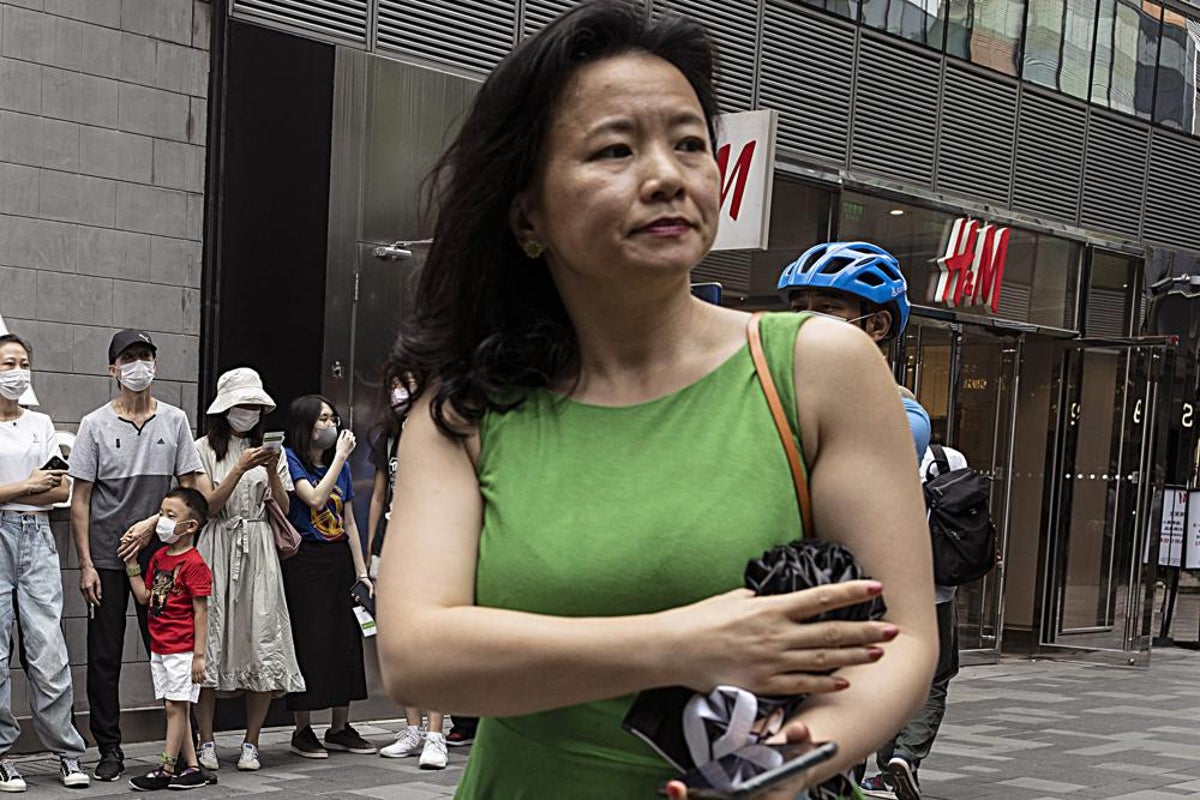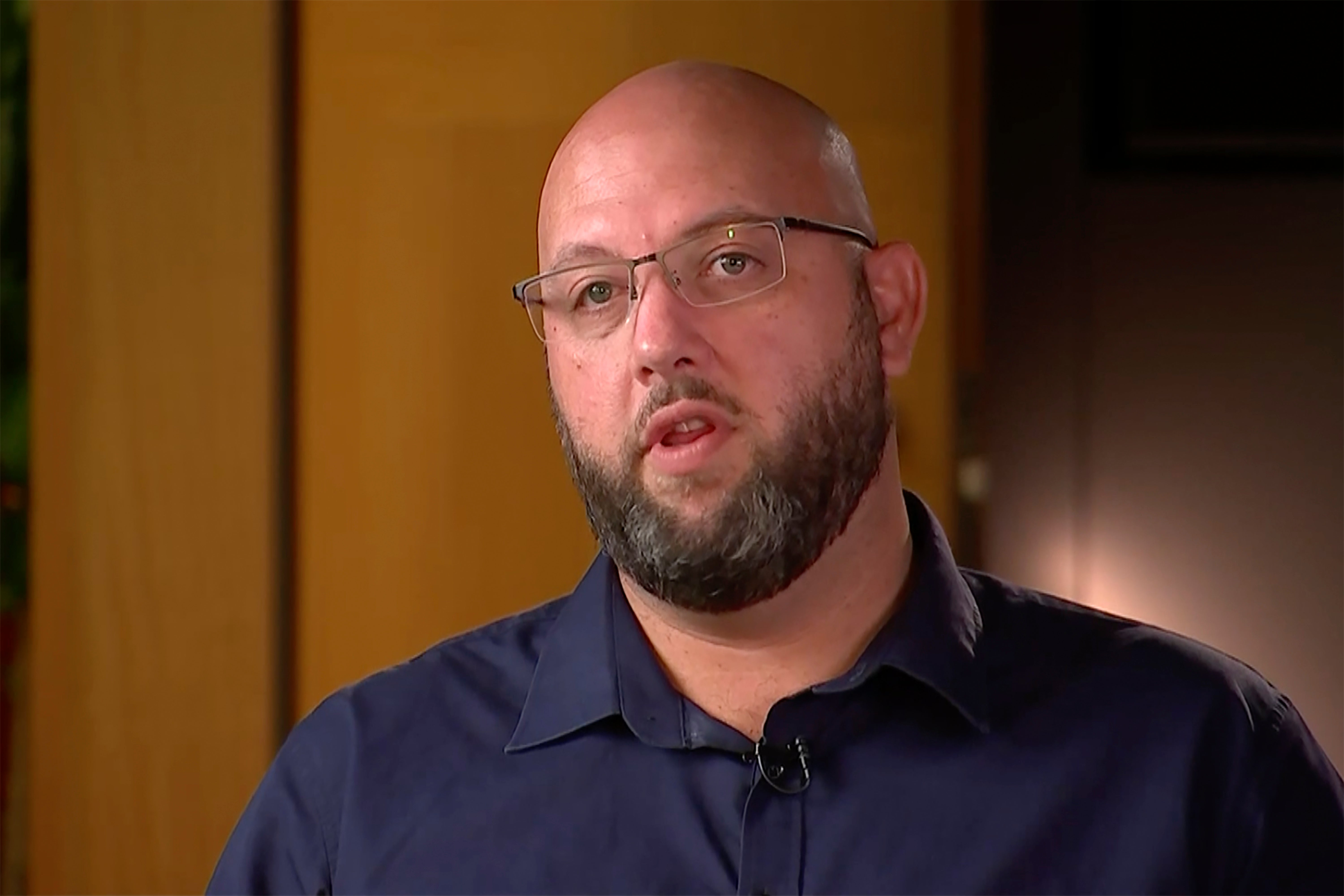
The partner of an Australian journalist detained in China says she is not allowed to speak to her family.
Cheng Lei’s partner Nick Coyle says her health has deteriorated because of a poor diet inside prison.
Discussing restrictions imposed by Chinese authorities, Mr Coyle said: “She’s been able to make no phone calls with anybody. She’s had maybe three visits from her lawyer, just to prepare for the trial.
“She’s had not one phone call with family, with her children. Nothing. nada.
“She joked with me in one of the consular visits in one of her messages to me that my Starbucks coffee, I spent more on that, than her week’s worth of food.”
He also said Beijing authorities have stopped Ms Cheng’s 30-minute consular video meetings citing strict Covid restrictions.

The meetings have been suspended indefinitely, halting consular communications that were a support for Ms Cheng, he said.
“I find that just totally unacceptable,” he told Australia’s Sky news. “These monthly consular visits have literally been what’s kept her going for 20 months.”
The 46-year-old, who worked as a business journalist with state-run China Global Television Network, is a mother of two children who live in Australia with their grandparents.
Her family has been awaiting a verdict over a case in which she was accused of spying and sharing state secrets with a foreign country, for which she was first detained in August 2020 and then formally arrested in 2021.
In March this year, authorities held a trial in Beijing but did not allow Australian diplomats inside the court.
Stating that he has no idea why his partner is imprisoned and what she has done wrong, Mr Coyle said Ms Cheng was not even tracking political stories but just working on the business beat.
“It doesn’t make any sense to me. It never has,” he said. “Fortunately, we’re dealing with about the strongest person I know, mentally, emotionally, but there have been really difficult health challenges along the way,” he added.
The detention had taken place amid China and Australia’s strained bilateral ties because of the latter’s closeness with the US over a number of issues, including the Beijing olympics and the Ukraine war.
Graham Fletcher, the Australian envoy to China, had said he was not allowed to attend Ms Cheng’s trial because it involved state secrets.
“This is deeply concerning, unsatisfactory and very regrettable. We can have no confidence in the validity of the process which is conducted in secret,” Mr Fletcher had said.
He however, added that Australia would continue to bat for Ms Cheng’s rights and secure her release.
Beijing’s authorities have said the verdict would be announced at an unspecified date.
Chinese foreign ministry spokesperson Wang Wenbin said the trial was held in a closed session, but stated that they had permitted Ms Cheng and her defence lawyers inside the court.







